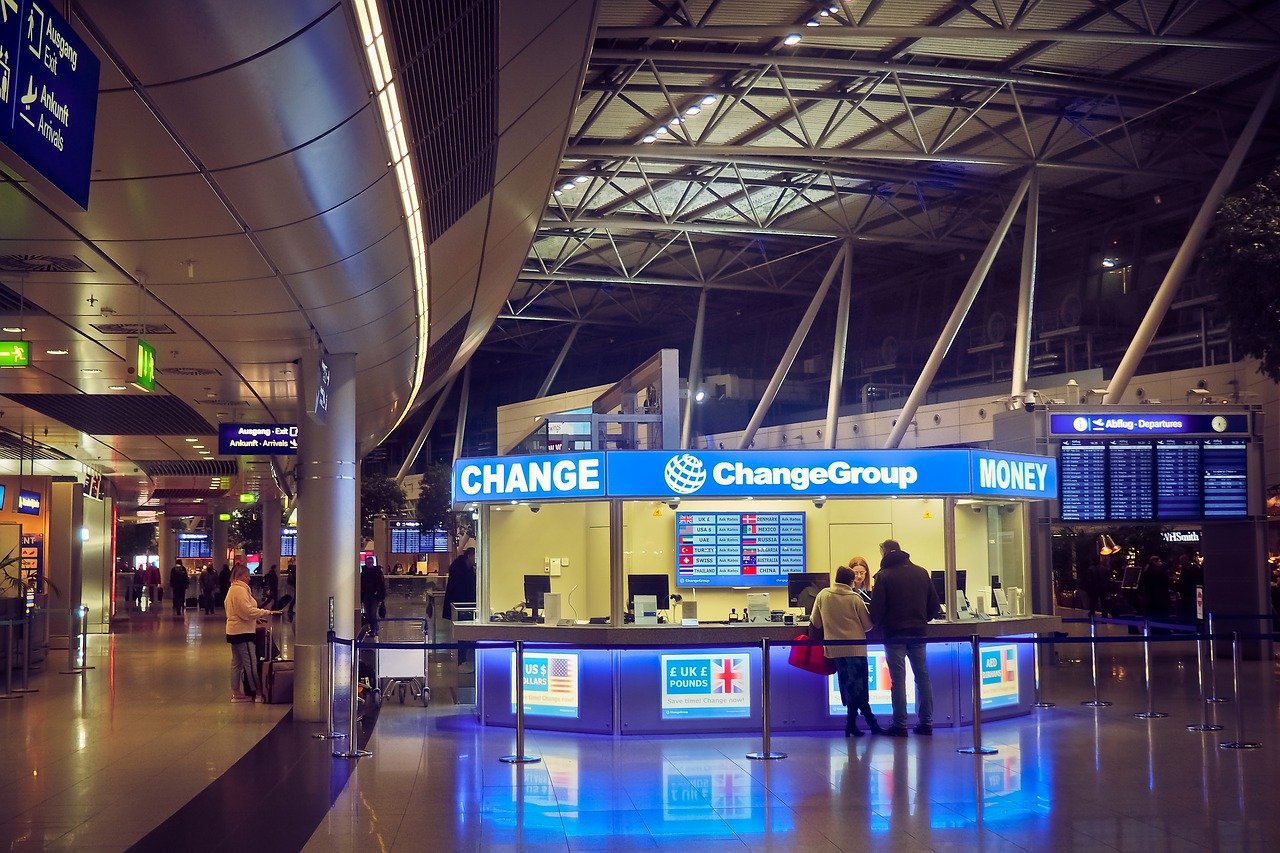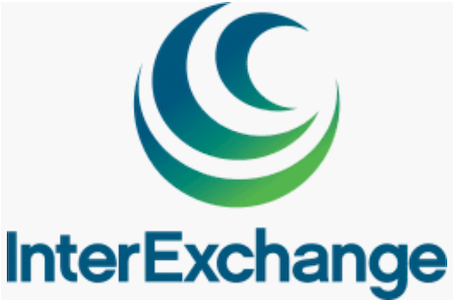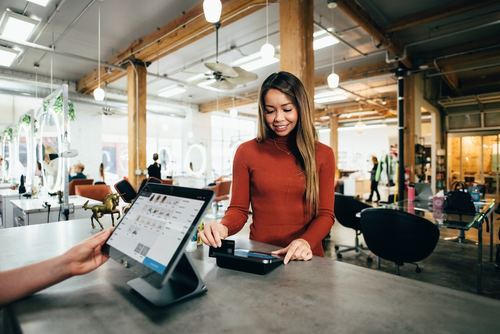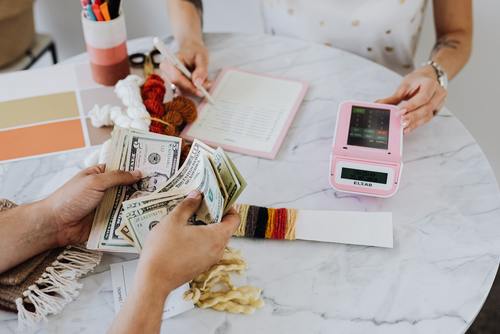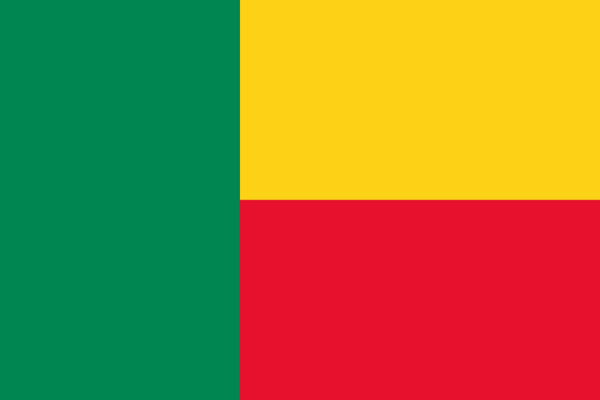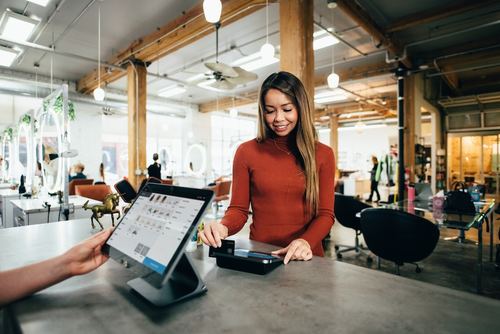When you’re travelling, the main reason that you will want to know the exchange rates is so that you can evaluate prices. They fluctuate often due to global demand and supply, so it’s good to stay on top of them before you buy anything, book a day trip, or visit attractions, restaurants or accommodation.
Should you be abroad for a considerable time, monitoring these changes even closer is a sensible idea, especially if you want your savings to go as far as possible.
Before departing there are many quick and easy ways to check the most up to date currency exchange rates which will help you to get the best deals. If you would like to know what you can get for your money, search online, use credited brokers, or pop into a local travel agent.
Here are some helpful tips with how and why it is important to monitor currency exchange rates whilst travelling and how to secure the best rates so you don't get ripped off.
1. Determining Exchange Rates
Present international exchange rates are usually determined by a managed floating exchange rate. This means that the value of every currency is affected by the economic actions of the location’s central bank or government.
2. Managing Your Money: Before & During Your Trip
From pre-paid cards to certain debit cards that are internationally recognised, there are a number of options available to travellers who want to manage their money better when abroad. If you prefer to take cash with you, exchanging money approximately 10 days before travelling is also a good move.
Exchanging money last minute at the airport is extremely convenient, but it can come with an extra cost. The kiosks within airports are charged sizeable sums of rent. meaning they have to make their money back in some way. This is often through transaction fees, or by charging you a considerably lower rate. Instead of making this bad move at the beginning of your holiday, choose one of the following options instead:
3. Debit Cards
The world is becoming a cashless society, and when you travel to the likes of Sweden, it’s unlikely that you’ll see any cash at all. Because of this, it could be beneficial to take a debit card away with you. Before travelling, talk to your bank about the conditions of taking your card abroad. It’s worth your while to find out whether you’ll pay any fees to withdraw, and how much your daily limit is for purchases.
4. Pre-paid Cards
Pre-paid cards are like bank cards, except pre-loaded so that you can make purchases or withdraw in local currency. The money that you have on the card is protected in case of loss or theft, as you’ll need a PIN to withdraw. Plus, if you have any money left over from your trip, you can use it for your next holiday.
5. Exchange Money Before You Travel
If you choose to exchange your money before travelling, you will have a lot more time to research the best exchange rates. Once you’ve got it, you also won’t have to worry about finding somewhere to exchange money when you’re in an unfamiliar foreign country. Usually you can secure amazing rates before departing too.
Whether you’re preparing for a short holiday, or packing your bags for a long trip, it’s best to be prepared in advance when it comes to foreign exchange. Hopefully our tips will help you to get the best deals.

